More than a century has passed since the first Bangladeshi, particularly those of Sylheti heritage, set foot on British soil, marking the beginning of a community that has since woven itself into the fabric of the nation. Yet, despite this long-standing presence and the significant contributions of its members, the Bangladeshi community in Britain presents a complex and often contradictory picture. While thousands diligently serve in vital sectors like healthcare, education, restaurants, and public transportation, and while a new generation demonstrates burgeoning potential in mainstream politics and academia, significant disparities persist. Compared to their Indian, Pakistani, and other South Asian counterparts, Bangladeshis, statistically, lag behind in key areas: educational attainment, employment representation in high-level positions, political influence, and even health outcomes.
The numbers speak to this reality. Of the 650 seats in the House of Commons, only four are currently held by British Bangladeshi MPs, all women and all affiliated with the Labour Party. This underrepresentation is particularly stark when considering the significant Sylheti population within the UK, with estimates suggesting that a substantial majority of the fourth-generation Bangladeshi families trace their roots to the Greater Sylhet region. Further complicating the picture is the internal dynamic within the community itself. A narrative of self-sabotage, characterized by internal rivalries, political fragmentation, and a tendency to undermine its own potential leaders, has hindered progress. This tendency, where community members obstruct each other’s advancement rather than fostering collective growth, has been cited as a significant barrier.
While the community has faced challenges, there are also signs of progress. The rise of Bangladeshi women in politics, the growing number of professionals in crucial sectors, and an increased engagement of the younger generation in local government and political processes offer glimmers of hope. However, the absence of a unifying political figure, a role model to inspire and guide the youth, remains a critical void. The legacy of missed opportunities, such as the thwarted candidacies of individuals like the late Jahangir Alam and Councillor Rajan Uddin Jalal, underscores the need for a shift in community dynamics. The question remains: can the Bangladeshi community overcome its internal divisions and fully realize its potential within the British mainstream?
The emergence of second and third-generation political leadership within the British Bangladeshi community has encountered systemic hurdles. While pioneering figures like Rushanara Ali and Rupa Huq have attained significant national platforms, the cultivation of a sustained leadership cohort has lagged. This has precipitated a discernible generational void in political representation, hindering the community's capacity to exert commensurate influence. Consequently, unlike certain other ethnic minority groups, the British Bangladeshi community's national political landscape lacks a similarly dense and readily apparent network of established role models, Daily Dazzling Dawn understand.
The British Bangladeshi community, once largely associated with vibrant local activism and cultural contributions, is increasingly making its mark on the national political stage. A new generation of politicians, activists, and community leaders are stepping forward, driving policy debates and reshaping the narrative of British Bangladeshi engagement in national discourse.
Shaping Policy, Breaking Barriers
The rise in political representation is palpable. From local councils to Parliament, British Bangladeshis are occupying positions of influence. Figures like Rushanara Ali MP, a prominent voice on international development and social justice, exemplify this shift. Their presence is not merely symbolic; they are actively shaping policy, advocating for their communities, and bringing diverse perspectives to national debates.
"We're moving beyond simply being constituents," said community leader, Nasrullah Khan, a former senate member of Dhaka University, "We're becoming active participants in shaping the future of this country. Our experiences, our challenges, and our aspirations are now being heard in the corridors of power."
Key Issues Mobilizing the Community
Several critical issues are driving this political awakening. Education remains a top priority, with a focus on addressing disparities in attainment and ensuring equal opportunities for young British Bangladeshis.
Healthcare access, particularly mental health services, is another pressing concern.
The community is also vocal about social justice issues, including tackling discrimination, promoting equality, and advocating for fair representation.
"We want to see policies that reflect the realities of our lives," explains Muzibur Rahman Jashim, a Labour Party councillor in Newham, and a community leader. He told to Daily Dazzling Dawn"We want to see investment in our communities, support for our young people, and a commitment to tackling the systemic inequalities that hold us back."
Navigating the British Political Landscape
The journey is not without its challenges. Navigating the complex structures of British politics requires resilience and strategic acumen. British Bangladeshi politicians face the dual challenge of representing their community while also appealing to a broader electorate. Overcoming stereotypes, addressing cultural sensitivities, and building cross-party alliances are crucial for success.
"It's about finding that balance," says Croydon councillor and community activist, Mohammed Islam, "We need to be authentic to our roots while also engaging with the wider political discourse. It's about building bridges and fostering understanding."
Changing Voting Demographics
The voting demographics within the British Bangladeshi community are also evolving. Increased political awareness, coupled with targeted voter registration campaigns, is leading to higher levels of civic engagement. Younger generations are particularly active, using social media and digital platforms to mobilize support and amplify their voices.
Analysis of recent electoral data indicates a growing voter turnout among British Bangladeshis, with a noticeable shift towards issue-based voting. Parties are now recognizing the importance of engaging with this demographic, leading to more targeted campaign strategies and policy pledges.
A Future of Influence
The rising political influence of the British Bangladeshi community is a testament to their growing dynamism and their commitment to shaping a more inclusive and equitable society. As they continue to break barriers and amplify their voices, they are poised to play an increasingly significant role in the future of British politics. This shift is not just a story of representation; it's a story of a community asserting its right to participate fully in the democratic process and contribute to the nation's progress.
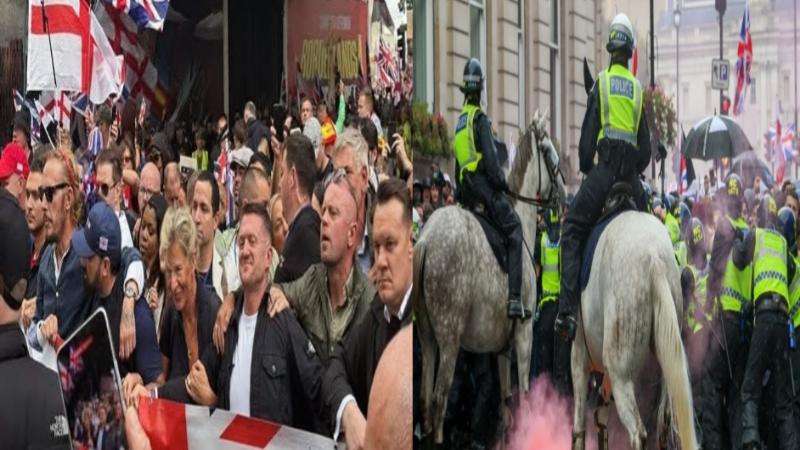

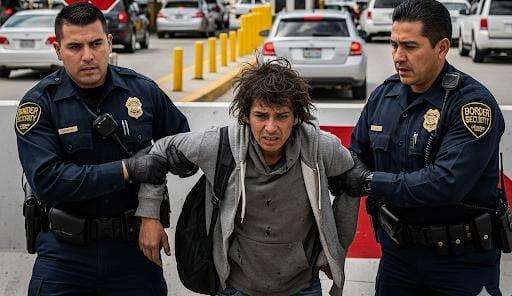
_4.jpg)
_2.jpg)

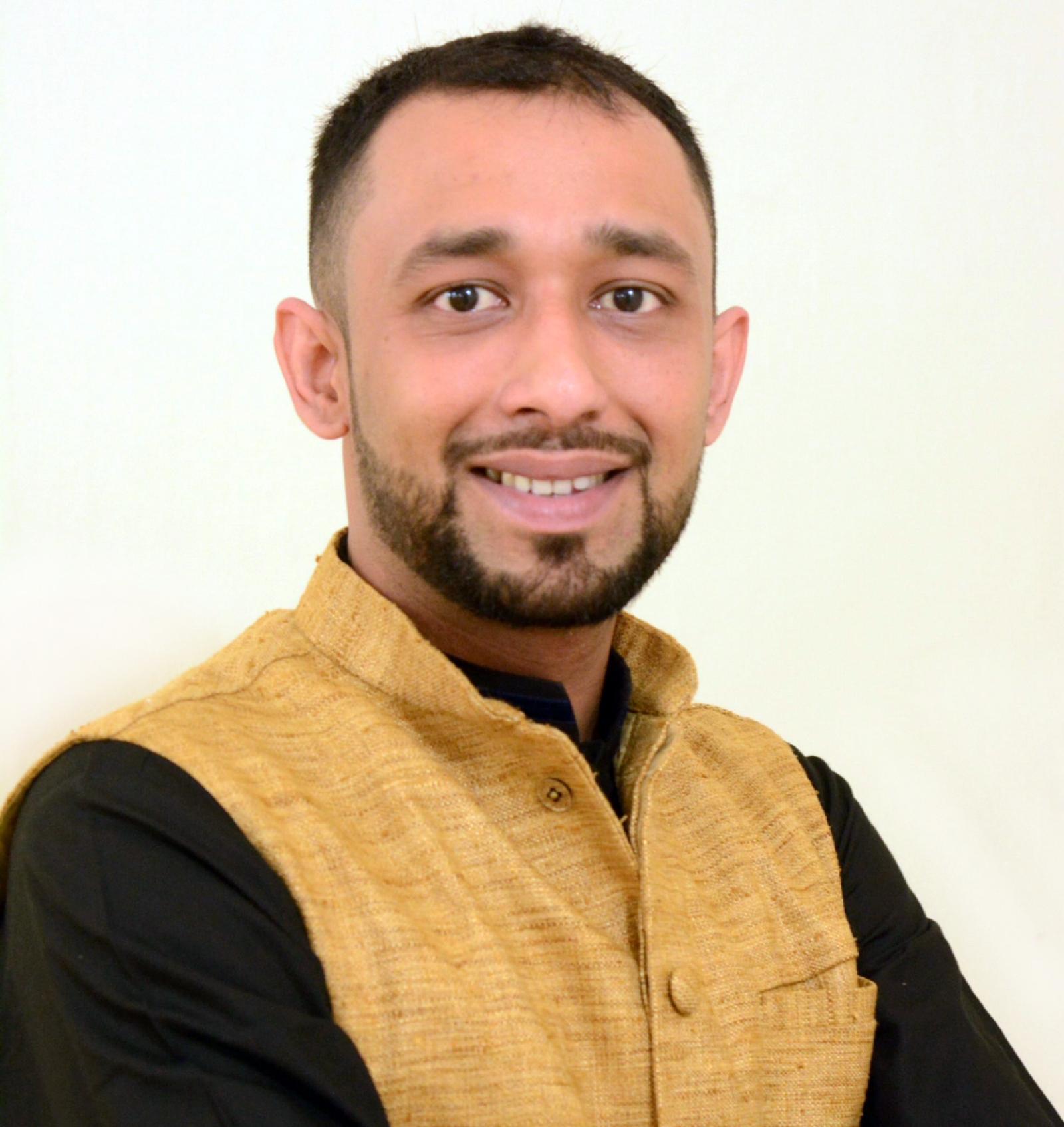

.svg)


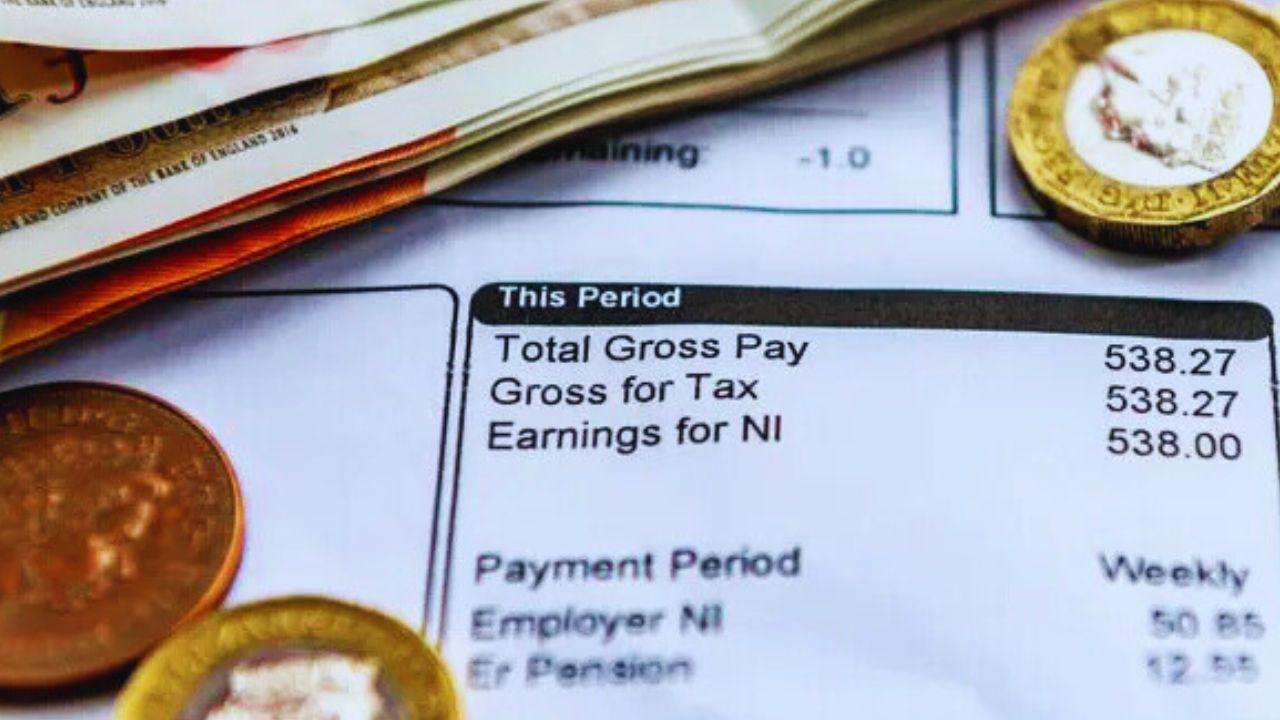
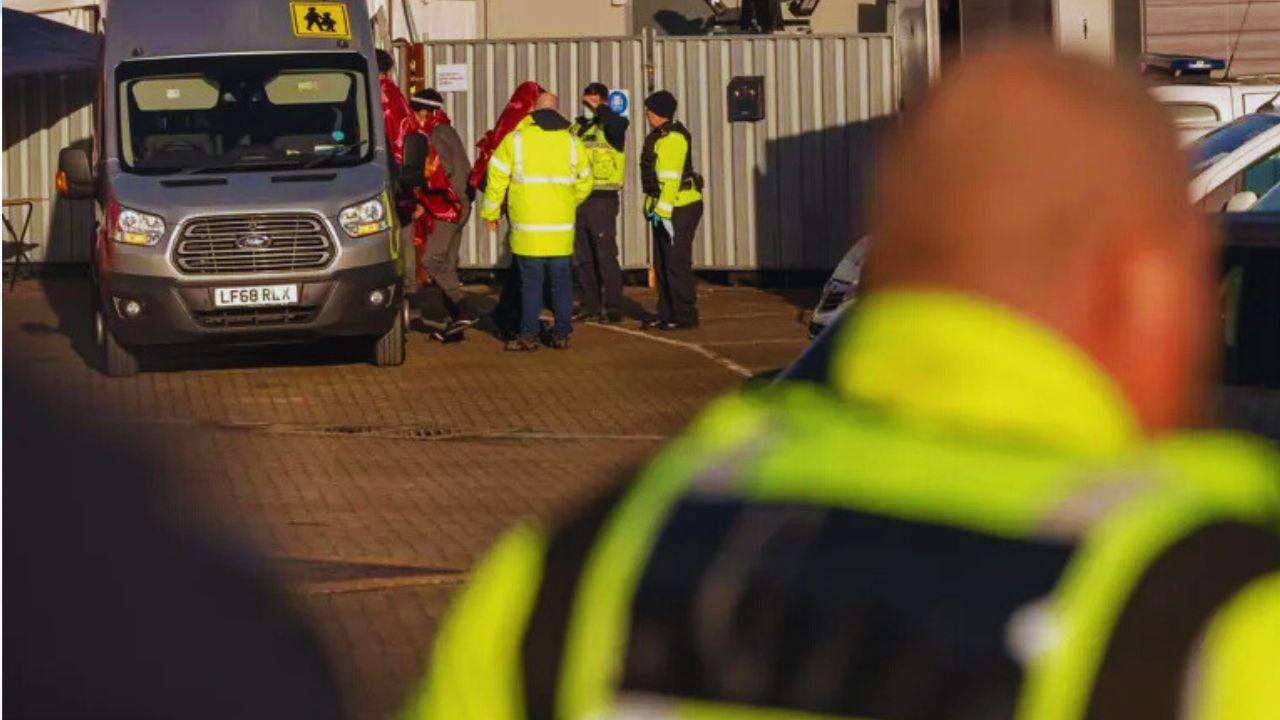
_3.jpg)